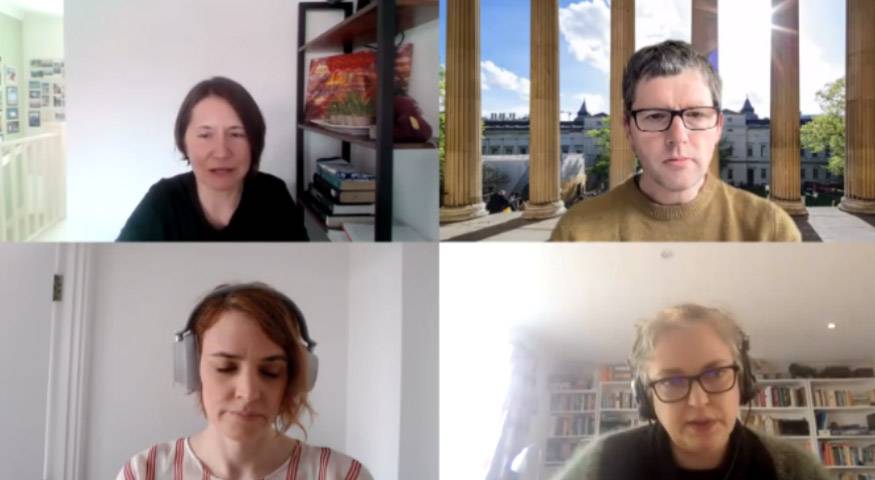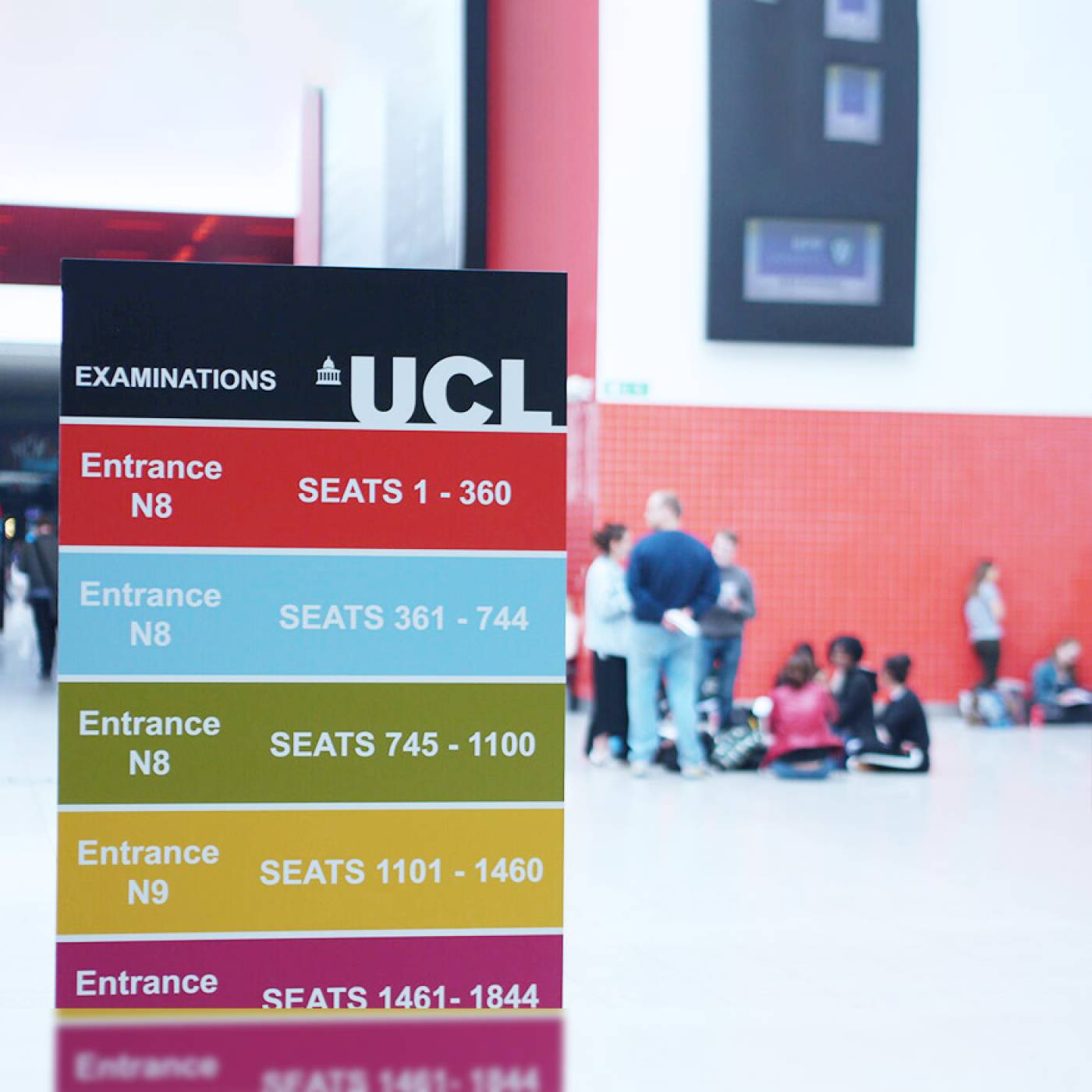A faculty task group was established to develop a position on availability of past exam questions and model answers, to address the varying practice in different departments across the faculty.

MAPS Education Strategy: Fair and Authentic Assessment Support for Exam Preparation: A Guide for Students
Exam assessment has changed as a result of blended learning, and exam papers may now have a different format. We have therefore been refreshing our guidance to departments about how you can be assisted in preparing for exams. It was also the case that departments took different approaches to providing past papers and solutions and we wanted to ensure that all departments provide the same baseline level of support.
We want to support you in using assessment as an authentic opportunity to demonstrate learning. Hence we wanted to make clear to you the level of support you can expect to receive when preparing for exams. Specifically, you should expect:
- Clarity on the types of questions you could encounter in an exam.
- Opportunities to test your understanding of the questions and receive feedback.
With respect to solutions to past exam questions, you should be provided with sufficient guidance to support revision by helping you to understand the style, scope and depth of answers required in a typical exam. You should be able to test your understanding and gain reassurance you are on the right track.
- A Guide for Students
Below are the agreed baselines of support that departments should provide, along with additional support which will often (but not always) be available:
Access topast exam papers and questions
Baseline:
- Each module Moodle page should show one actual or sample paper that is representative of the content, format and style of the paper you will be sitting in the current academic year.
- Further past papers maybe available on the Library Exams website, but this will vary. Departments will tell you which past papers are available on the Library website and the extent to which these are relevant to current course content.
Additional guidance (which will vary between modules and departments):
Further papers and questions maybe available in a variety of forms: posted on Moodle without modification; in-class examples; workshop and tutorial questions; coursework questions or formative examples (quizzes etc) within the taught module. Your lecturers can explain to you how these examples or questions relate to past exam papers.
Access to solutions to past exam papers
Baseline:
- There should be a set of indicative answers to support the example paper provided on Moodle. These answers should be detailed enough to allow youto judge the distribution of marks, depth of answer required and any flexibility in the mark scheme / acceptance of alternative answers.
- Clear written guidance should be provided to you about when and how you can access dedicated exam support, such as in office hours, revision workshops or Moodle forums.
Additional guidance (which will vary between modulesand departments):
Guidance on how to approach past exam questions may additionally be provided in other forms, including:•Full written ‘model’ answers. •Solutions demonstrated or discussed orally in lectures, workshops and tutorials.
- 'Sketched solutions’ that provide you with a prompt for the approach to take, some (but not all) steps in the solution and (if appropriate)a final answer.
- Numerical or final answers without working / explanation for you to check your own work.•Moodle quizzes with answers that can be used for self-study.
- Written feedback to assessed coursework based on past exam questions.
- Generic feedback to an exam paper, e.g., questions answered well, common errors and reasons why full marks not given.
- Example student answers that show how marks were awarded (especially if these show a range of possible answers / approaches for which marks were awarded).
MAPS faculty task group to provide baseline student exam preparation support
In response to student concerns we developed a faculty-level student guide on ‘Support for Exam Preparation’. Natural Sciences students are uniquely placed to comment on how practice varies across departments within MAPS faculty. Students expressed frustration that departments had different policies for past exams and model answer availability, which were sometimes not well explained. A task group was established, with representatives from across the faculty, to agree a uniform, inclusive approach and develop guides for students and staff about expectations. Above an agreed baseline the position adopted is not prescriptive, so can be applied flexibly by departments. An important outcome is that students know their baseline entitlement to support and emphasis is placed on clear communication from departments on why support might differ from the baseline. This process is a model for working with students to address their concerns about assessment and ensuring that students have equal access to support.
 Close
Close





